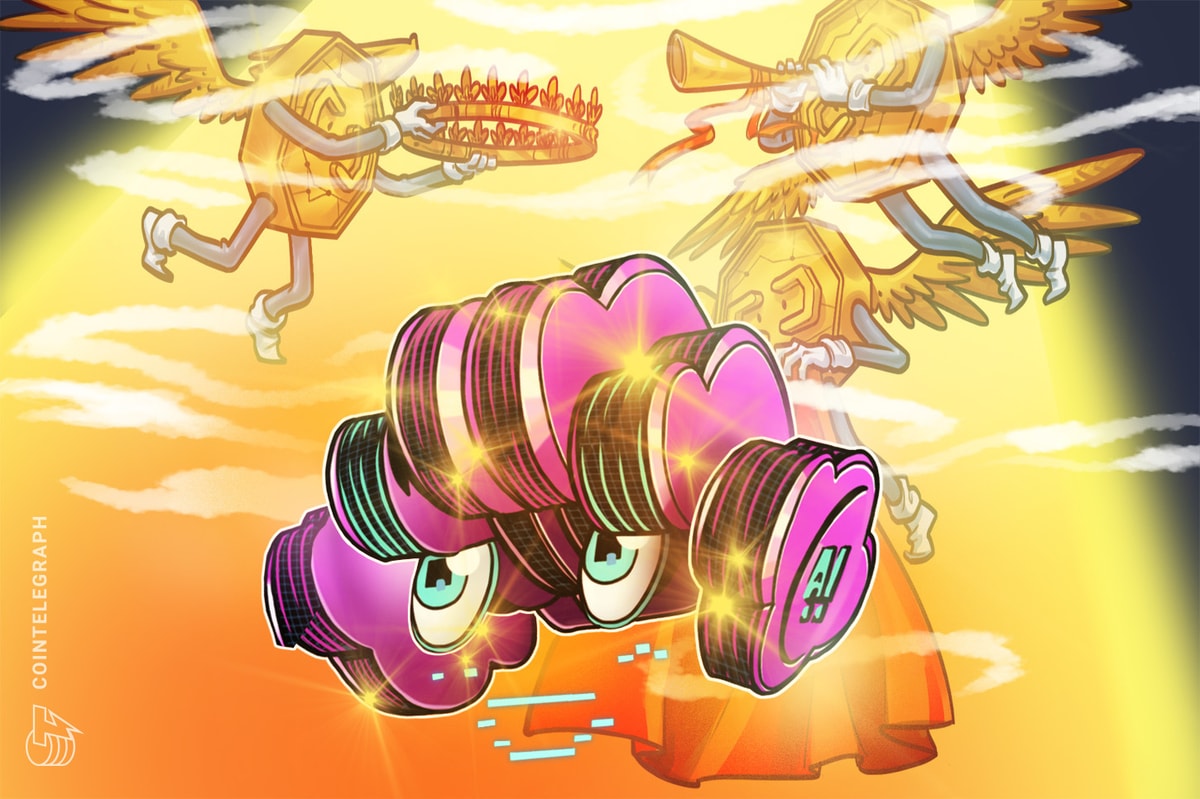
Recent years have brought significant misunderstanding of the term decentralization as it pertains to Bitcoin. Literally, it means the dispersal of nodes, data, miners and developers; according to some, the dispersal of miners (everyone mining with a consumer PC) is the original vision of Satoshi, and that vision supports One CPU/One Vote, meaning every single user mines with a home PC and a smartphone. People who modified algorithms to antagonize the R&D of AISC chips were hoping to avoid the centralization of computation power that these chips would bring. Inevitably these efforts were in vain: algorithms could stall the birth of specialized mining chips, but not prevent it.
The truth is, everyone-mines-with-PC — the One IP/One Vote ideology — is exactly what Satoshi opposes. If every miner’s PC were to contribute as a full node, all the IP addresses of all of the nodes will be empowered equally. As a result, those who have the power to distribute a large sum of IP addresses, say a botnet, could dominate the Bitcoin network. A botnet could comprise hundreds of thousands of nodes; e.g. the Baofeng Trojan Horse controls 250,000 nodes, much more than Bitcoin’s 6,000 to 8,000 full nodes. The botnet controlled by the Baofeng Trojan Horse could then easily launch 51 percent attacks.
Instead, what Satoshi really meant with “One CPU/One Vote” is that one computational unit represents one unit of power. More computational units equals more power: This is represented by Computation is Power in the proof-of-work (PoW) system.
It sounds like a truly fair and decentralized utopia if everyone gets to mine with PCs and smartphones. But why is the stability of a blockchain compromised in this context? Simple, decentralization is not a term describing a status, but a process in aggregate. Decentralization of status does not necessarily mean the decentralization of the process.
Nodes are dispersed in a botnet in terms of the status, but they are highly identical in terms of behavioral patterns. In contrast, true decentralization is measured by the degree of freedom allowed for joining in the consensus-making. Given that the codes are open source and that this information is equally accessible, freedom of decision-making is an indication of fairness. One enjoys the power to participate, as well as the power to quit.
Another way to understand decentralization is to think of it like an investment portfolio. A portfolio demands the diversification of risks and assets. This is a viewpoint that dates back hundreds of years. In the words of Antonio in Shakespeare’s The Merchant of Venice:
My ventures are not in one bottom trusted,Nor to one place; nor is my whole estateUpon the fortune of this present year
As the common saying goes, don’t put all your eggs in one basket.
However, if the assets in one basket are related, a diversification of the portfolio, no matter to what degree, will not diversify the risks. In a downward market, a portfolio of related assets could lead to a loss. In such a situation, a long shot like allocating all capital to one item could be a better choice.
Should the degree of the relationship among these assets be unknown, then the Principle of Maximum Entropy may apply: assume these assets are of a maximum randomness. For a blockchain, assume the nodes enjoy absolute freedom of decision-making and are not entrusting developers with disproportionate power and also delegating them to do the bookkeeping.
Princeton University’s open course in Bitcoin and Cryptocurrency Technologies suggests Bitcoin’s consensus algorithm is highly dependent on randomness. Instead of setting specific timing for the process of consensus making, it posits that, over time, the probability of some blocks achieving consensus recognition will increase, while the probability of conflicting viewpoints emerging will decrease exponentially.
The everyone-mines-with-PC model may appear to be more dispersed. However, should these PCs get infected with a bot virus, their behavior will be affected as one. No matter how great the number of nodes, they actually can be seen as just one node.
Another example would be the use of multi-sig security by the Bitfinex exchange. Because the private key kept by BitGo automatically signs for all requests from the Bitfinex server, this 2-key system is a de facto 1-key system. No matter how many private keys are used in a multi-sig system, or how dispersed they are, as long as the behavioral pattern of these keys is identical, this multi-sig system is compromised.
By contrast, though the PoW incentive causes the appearance of centralization of computational power (in fact it’s dispersed, although a few hands control the greatest amount of computational power), nobody could stop you from joining in the mining or the R&D of mining devices. It’s a decentralized process of free competition. It’s like voting in an election: While a democracy could produce a Canadian prime minister like Justin Trudeau (son of former prime minister, Pierre Trudeau) thereby creating a blood succession in appearance, the decentralization of the democratic process empowers its legitimacy.
Decentralization is not a new word. Think of the “invisible hand” of Adam Smith; It’s competition in a free market. With competition, the centralization of computational power is not a bad thing. On the one hand, the high cost of computation makes it impossible for pools and miners to launch 51 percent attacks as they are rational economic participants. On the other hand, irrational actors, say a pool with a large portion of computational power, cannot sustain an attack. The computational powers of a pool do not truly belong to it, and it will face constant challenges from new powers and new players.
The centralization of computational power is the natural result of market competition. Specialized labor is the natural result of free competition in any open system, pretty much like a biological organism. Professional miners, professional payment processors and wallets, professional blockchain data providers: These are the natural results of the decentralization of a blockchain, not the consequence that should be deliberately avoided.
This op-ed is a guest post by Chang Jia. The views expressed are his own and do not necessarily represent those of Bitcoin Magazine.










